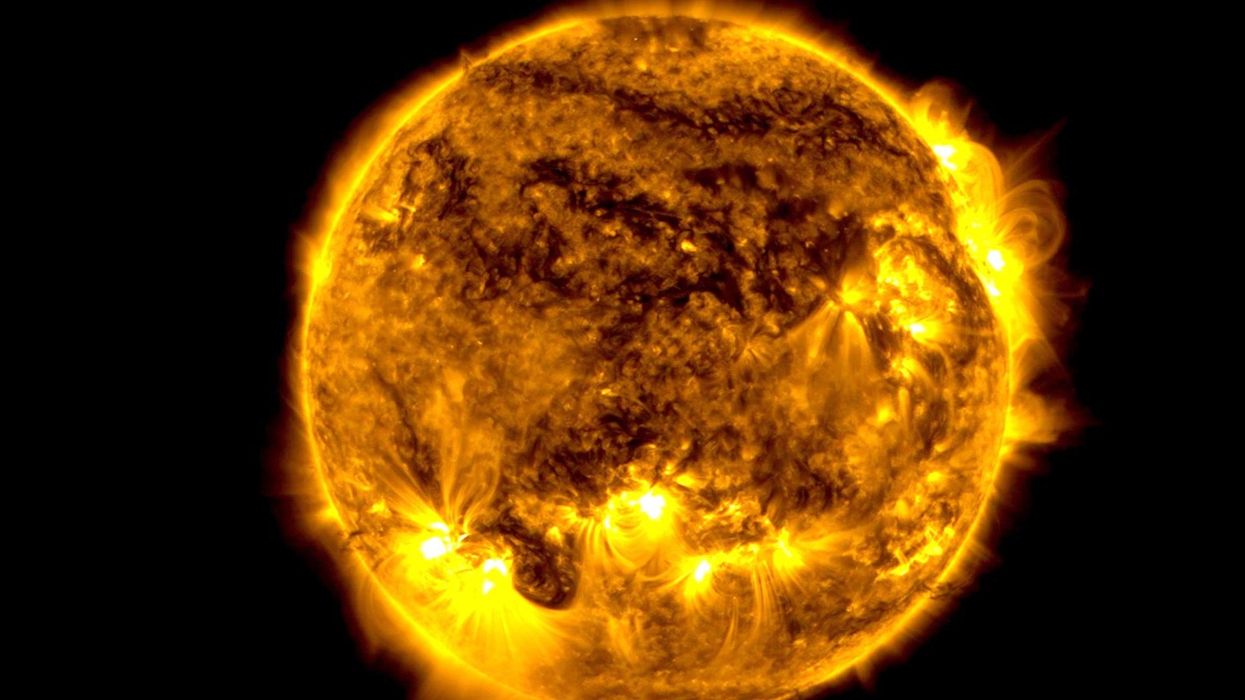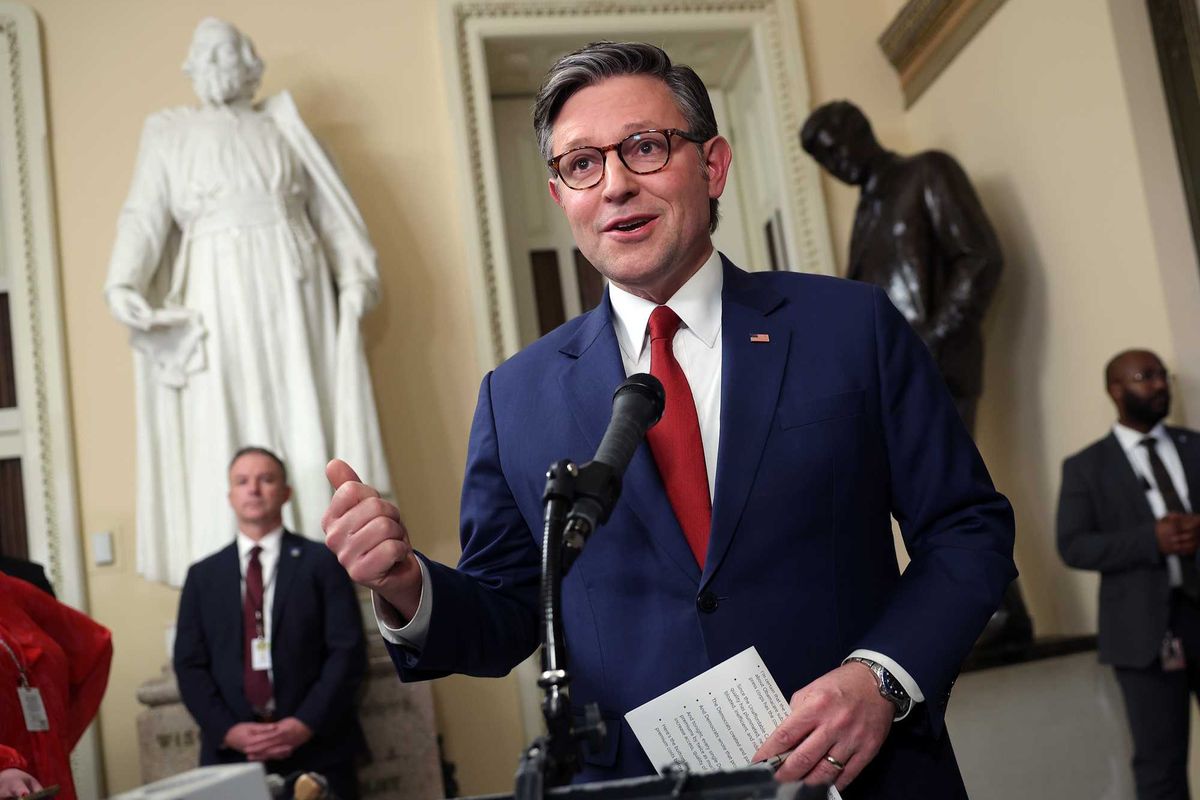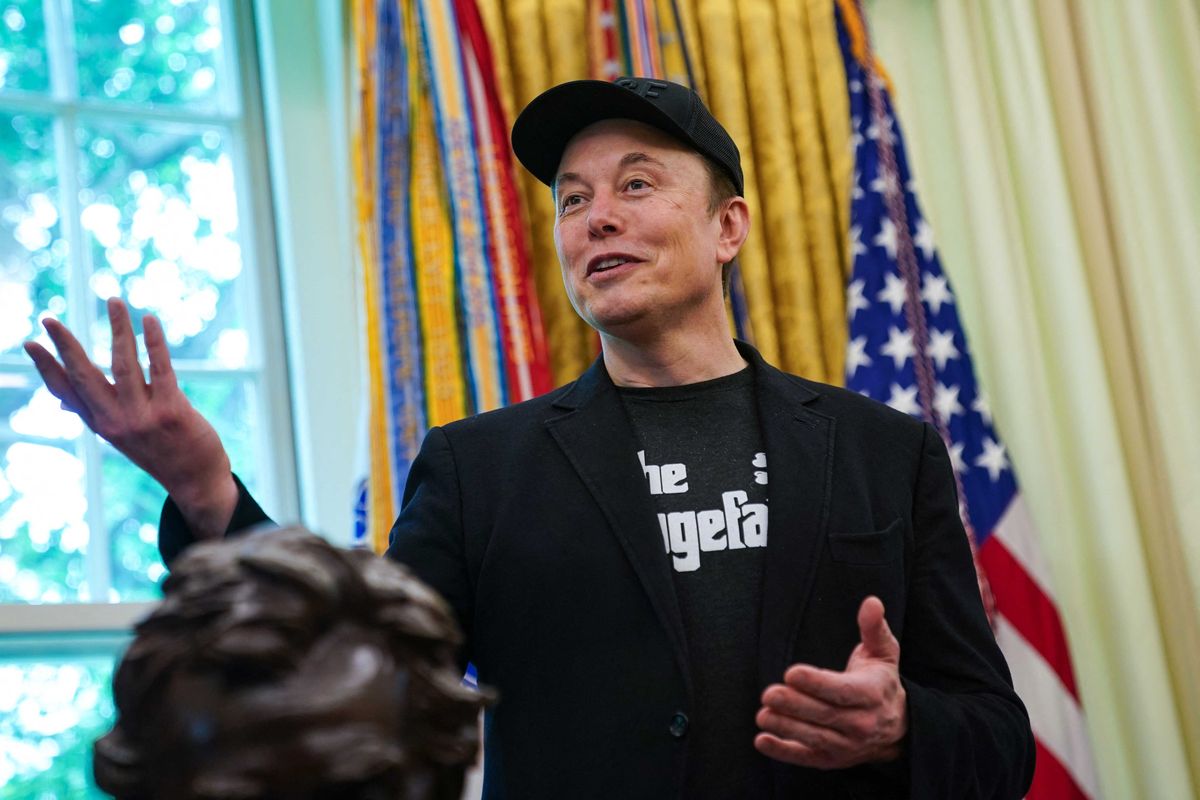Harry Fletcher
Nov 23, 2025
NASA Captures 133 Days of Images of the Sun, Condenses Them Down …
content.jwplatform.com
We don’t want to alarm anyone, but the sun is broken.
A section of the sun has left the surface and begun circulating around the top of the star as if it were a huge polar vortex, and it’s not exactly clear why it’s happened.
The observation was made possible thanks to the James Webb Space Telescope, and it's no surprise that it piqued the interests of scientists everywhere.
Tamitha Skov is a space weather physicist who regularly shares updates on social media, and she seemed incredibly excited about the latest developments.
“Talk about Polar Vortex! Material from a northern prominence just broke away from the main filament & is now circulating in a massive polar vortex around the north pole of our Star,” she wrote.
“Implications for understanding the Sun's atmospheric dynamics above 55° here cannot be overstated!”
\u201cTalk about Polar Vortex! Material from a northern prominence just broke away from the main filament & is now circulating in a massive polar vortex around the north pole of our Star. Implications for understanding the Sun's atmospheric dynamics above 55\u00b0 here cannot be overstated!\u201d— Dr. Tamitha Skov (@Dr. Tamitha Skov) 1675377331
Solar prominences consist of hydrogen and helium, and they extrude from the sun’s service releasing plasma.
While there’s confusion around the cause of the phenomenon, it could be related to the reversal of the sun’s magnetic field, as well as the fact that something expected has been known to happen when the sun reaches a 55 degree latitude in every 11-year solar cycle.
Solar physicist Scott McIntosh, who is the deputy director at the National Center for Atmospheric Research in Boulder, Colorado told Space.com: "Once every solar cycle, it forms at the 55 degree latitude and it starts to march up to the solar poles.
“It's very curious. There is a big 'why' question around it. Why does it only move toward the pole one time and then disappears and then comes back, magically, three or four years later in exactly the same region?"
This article was originally published on 8 February, 2023.
Elsewhere from indy100:
- 'Death by a thousand cuts': Scientists discover little-explored planet that rains shards of glass
- Strange signal from the bottom of the ocean detected by scientists for first time
How to join the indy100's free WhatsApp channel
Sign up to our free indy100 weekly newsletter
Have your say in our news democracy. Click the upvote icon at the top of the page to help raise this article through the indy100 rankings.
Top 100
The Conversation (0)














